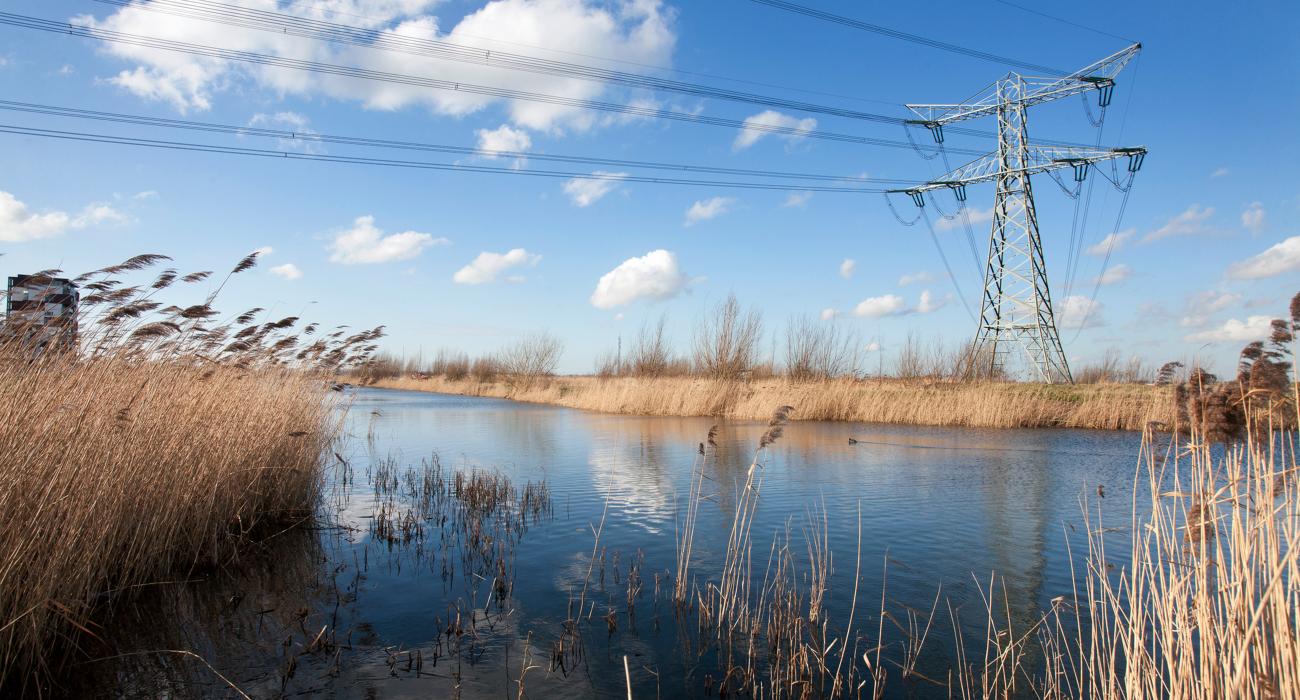
Coal Combustion Residuals (Coal Ash)
Coal-fired electric generating stations and other large users of coal generate significant quantities of coal combustion residuals (CCR), such as fly ash, bottom ash, and boiler slag.
Managing CCR is an increasing challenge, as more neighbors, regulators, and public interest groups raise concerns about its health and environmental impacts. Although there are many advantageous ways to use CCR, the success of a beneficial re-use program requires proper planning and notifications.
Having worked with clients for years in addressing CCR issues, we have deep experience in managing CCR, including under federal, state, and local regulatory programs.
Litigation and Enforcement
ArentFox Schiff attorneys understand the science associated with CCR and how it affects the environment. We also have deep experience with the growing activism around coal-fired power. We have collaborated closely with consultants to understand CCR characteristics, as well as the fate and transport of CCR constituents in the environment.
- We represented a client with respect to a new coal ash landfill. Due to aging ash disposal ponds that require closure, our client proposed the construction of a new state-of-the-art landfill to handle the ash generated from the power plant. Our lawyers not only helped secure the landfill permit and defeated the appeal of it, we also helped pass a county ordinance guiding the county approval of the landfill construction.
- We represent a client in connection with federal and state enforcement regarding releases of coal ash constituents that were allegedly impacting private residential groundwater wells. Invoking its authority under the Comprehensive Environmental Response, Compensation, and Liability Act of 1980 (CERCLA), the EPA required immediate removal actions related to impacted soils as well as to possible groundwater impacts. It also required a Remedial Investigation and Feasibility Study. We negotiated the Administrative Consent Orders and assisted with the implementation of the orders. We have been involved with the development and implementation of the remedial investigation, and ecological and human health risk assessments. We have prepared and executed on strategies for securing access to the numerous residential and municipal properties.
- We represent a client in a CERCLA action seeking to recover costs related to alleged coal ash contamination at a residential site in an oceanfront neighborhood. Alleged hazardous materials present on the site exist in fill materials which a prior residential homeowner allowed to be dumped on the property. There is ongoing litigation over who is responsible for costs related to environmental cleanup under the state’s brownfields program.
- We resolved a significant Resource Conservation and Recovery Act (RCRA) citizen suit brought by individuals and environmental groups that challenged the adequacy of an EPA-sponsored coal ash investigation. The RCRA citizen suit sought a substantially expanded investigation and remediation effort, as well as a six-figure amount for attorneys’ fees. At the close of discovery, we settled the citizen suit for a low five-figure sum, and no additional testing or remediation.
- We defended an enforcement action brought against a client by the state challenging the use of CCR beneficially in a project at one of our client’s plant sites. We successfully negotiated a settlement allowing us to leave the material in place.
- We defended a client in a state court action brought on behalf of 85 residents alleging public nuisance. They sought damages for personal injuries and diminution in property value, and the establishment of a medical monitoring fund. The plaintiffs initially demanded an eight-figure sum to settle the case. After extensive fact and expert discovery, the plaintiffs agreed to settle for a mid-six-figure sum.
Regulatory Counseling, Permitting, and Rulemaking
We counsel electric generating companies regarding various state and federal requirements applicable to the operation and closure of ash ponds and ash landfills. We not only know the rules, but we have also written and changed them, when necessary. This work also includes permitting for ash pond discharges; corrective action for groundwater impacts associated with ash ponds; closure of ash ponds and landfills; and developing necessary and effective outreach strategies.
- We represented a client facing threatened enforcement at a number of its power plant sites. Instead of waiting for enforcement to proceed and for the federal coal combustion residual rule (CCR Rule) to be finalized, we developed a set of rules to guide the closure of the ash ponds. That regulatory approach was so comprehensive that the state decided to use the framework for a proposed statewide rulemaking.
- We represented four clients in connection with commenting on the proposal to regulate coal ash under RCRA. After the CCR Rule became effective, we began representing a national coal ash marketer in connection with challenges to the Rule in the D.C. Circuit Court of Appeals.
- We assisted two clients with drafting and negotiating federal legislative language for a bill recently signed into law that establishes a state permit program for coal combustion residual units. For one of those clients, we are currently drafting state program legislation.
- We represent several clients in developing strategies around the closure and operation of coal ash ponds and landfills.
- We played a crucial role in the passage of Illinois Senate Bill 543. Proposed on behalf of Beneficial Reuse Management and Headwaters Resources, Inc., the bill removes gypsum from the Illinois EPA’s sludge program and reclassifies it as a coal combustion byproduct. The new law opens a substantial market for the legal sale of gypsum in Illinois, puts the state on equal regulatory footing with other states, and allows Illinois farmers to reap gypsum’s agricultural benefits.
Beneficial Re-Use
We represent a national ash marketer and several power generators in connection with transactions for the use of coal ash by third parties. This work entails both contract drafting and analyses of various potential transactions under State beneficial use statutes, including fulfilling notice and other requirements of the statutes.
Awards & Honors
- Chambers USA
- Energy & Natural Resource, Illinois (2012-2021)
- Environment, Illinois (2012-2021)
- U.S. News – Best Lawyers® “Best Law Firms” – National Tier 1
- Litigation – Environmental (2012-2015 and 2019-2022)
- Energy Law (2013-2022)
- U.S. News – Best Lawyers® “Best Law Firms” – Metropolitan Tier 1
- Energy Law, Chicago (2013-2022)
- Environmental Law, Chicago (2012-2022)
- Energy Law, Washington, D.C. (2014-2021)
- Litigation – Environmental, Chicago (2012-2022)
Key Contacts
- Related Practices
